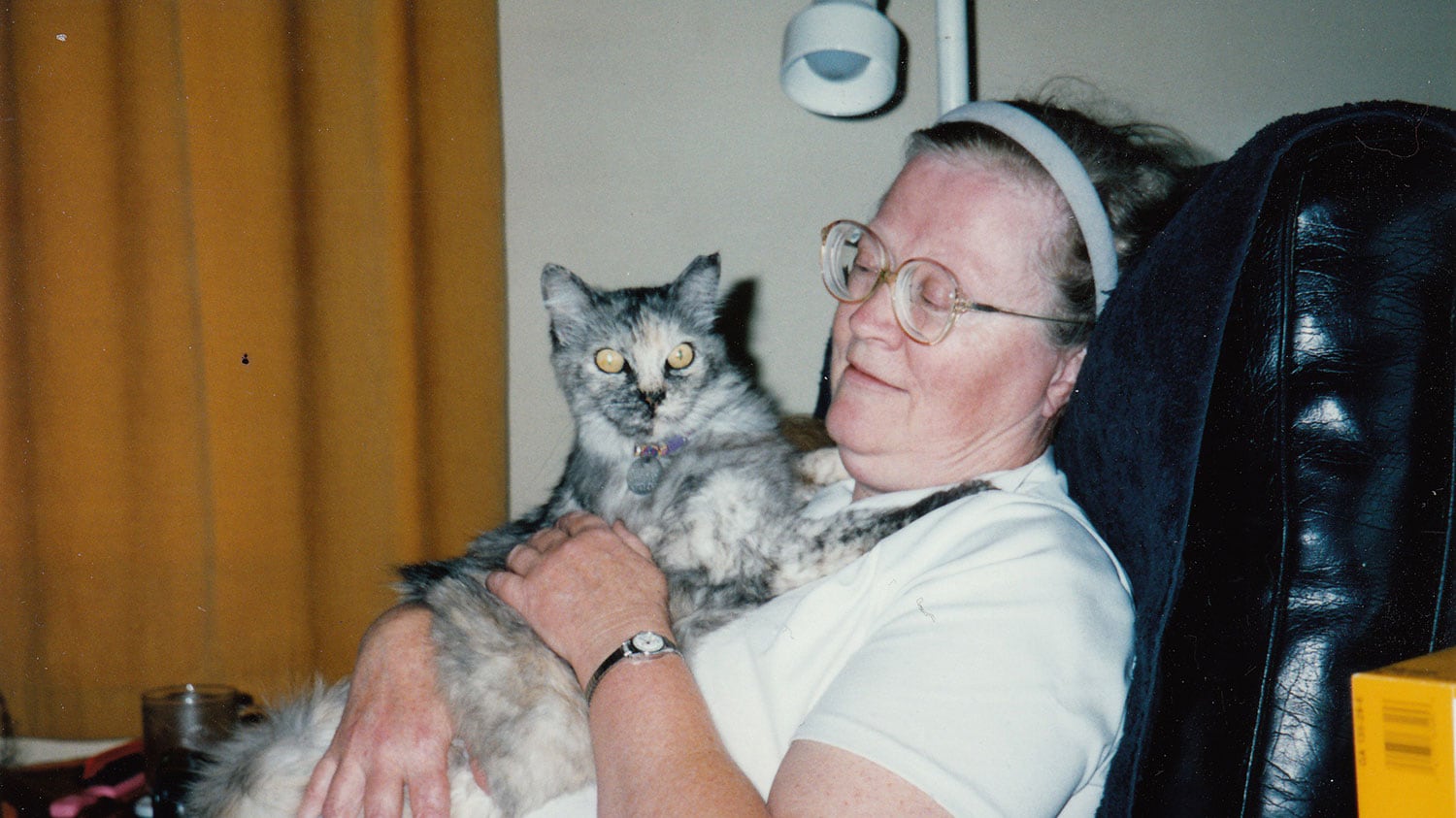Senior citizens on foot make up an increasingly large share of traffic deaths in Portland.
Despite being 12 percent of the population, people over 65 made up 28 percent of Portland's pedestrian deaths in the last five years. That's up from 16 percent between 2010 and 2014, according to a press release from the Portland Bureau of Transportation.
Oregon is the 18th most dangerous state for older pedestrians, where people over 50 are 64 percent more likely to be struck and killed compared to those under 50, according to Smart Growth America and AARP.
"Pedestrians are the most vulnerable users of our streets and sidewalks," PBOT spokesman John Brady said to WW in earlier coverage on the spike in all car-related deaths this year in Portland—34 so far, the same number as all of last year.
One of those deaths was 82-year old Louanna Battams, who in June was struck by a car and killed at the intersection of Southeast Foster and 71st, just a few blocks away from newly installed crosswalks and lights.
For older people, the usual risks of crossing the street are exacerbated by the physical and sensory skills involved, according to the U.S. Department of Transportation. With vision and balance issues, crossing a street quickly and safely is no easy task.
In the press release, PBOT highlighted its ongoing Vision Zero Action Plan to eliminate traffic deaths by 2025. This includes installing safety cameras and reducing speed limits across the city, costing over $47 million so far.
"This work will become even more critical as Portland grows older and more grandmas, grandpas, retirees, and other older adults share the city's streets, requiring care and patience on the part of all travelers," PBOT wrote.

